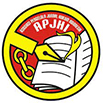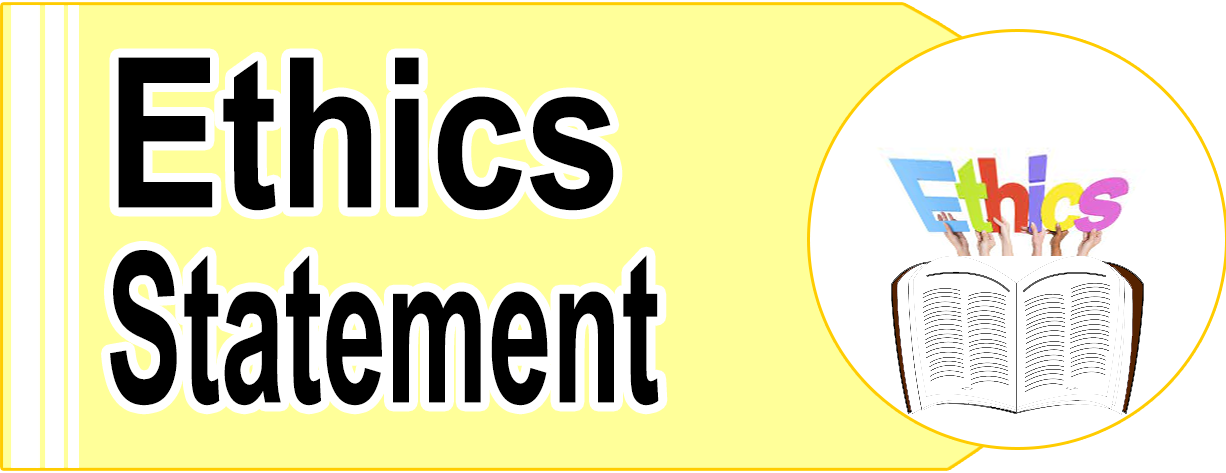THE SIX ARROWS OF ATATÜRKISM, WITH SPECIAL REFERENCE TO THE EQUAL RIGHTS OF WOMEN
Abstract
Mustafa Kemal Atatürk was one of the greatest, if not the greatest, figures in Turkish history, and he did not earn this title without reason. The reforms and innovations he brought to Turkey brought about real change in theory and natural social and political terms. One of the most striking manifestations of these reforms was the so-called 'six arrows' system, which effectively summed up Atatürk's political essence and ideas. In this paper, I will describe the elements of the 'six arrows' system, examining their social and political implications, particularly the steps taken to achieve women's equality. I have chosen impact analysis as the research method, as I considered it appropriate in the context of women's emancipation, given the many social impacts of introducing new legislation in Turkish society. In my thesis, I have greatly emphasized the historical overview of the right to marry freely - primarily from a legal-historical perspective- to obtain a genuinely complex picture of the six arrows system as manifested in law practice. In choosing the research method, I proceeded from the assumption that the various disciplines and applied sciences now make it possible to predict the expected consequences of legislative decisions with varying degrees of reliability, and to examine the results of decisions already taken after the event, comparing the facts with the anticipated effects. Suppose we accept that the purpose of legislation is to produce some consequence. In that case, an impact assessment is a prominent tool for assessing the effectiveness and efficiency of individual legislative products and the legislative process.
Full Text:
PDFReferences
Adrienn Prieger (2018): Halhatatlan Atatürk – In: VALÓSÁG: TÁRSADALOMTUDOMÁNYI KÖZLÖNY 2018,3: (3)
Adullah Cevdet (1913): Şime-i Muhabbet: Celal Nuri Beyin Geçen Nüshadaki Şime-i Husûmet Makalesine Cevap.İçtihat, 1913/89. sz.
Afet Inan (1939): Atatürk and the History Thesis. Belleten 3, 10. sz.
Andrew Mango (2004): Atatürk. John Murray. London. (Paperback edition)
Artun Ünsal (1979): Realization of an Utopia by a Realist. 34. In The Turkish Yearbook of International Relations. AÜSBF Yayınları, XXVIII.
İlker Aytürk (2004) Turkish Linguists against the West: The Origins of Linguistic Nationalism in Atatürk's Turkey, - In: Middle Eastern Studies, 40:6.
István Flesh: A Török Köztársaság története. Corvina. Budapest. 2007.
István Vásáry (2008) The chances of Muslim democracy in Turkey.
Katalin Siska (2019): A török nők emancipációja. Lélektan és hadviselés – interdiszciplináris folyóirat, I. évf. 2019/1. szám.
Katalin Siska (2017): Az atatürkizmus "Hat nyila" – In: IUSTUM AEQUUM SALUTARE 1787-3223 2498-535X 13 (2)
Katalin Siska (2016): Fear Not…! Turkish Nationalism and the Six Arrows System – A State in Search of a Nation –In: Hungarian Journal of Legal Studies 57, No 3.
Katalin Siska (2016) Mustafa Kemal Atatürk hatása a török identitása és állampolgárság koncepciójára, különös tekintettel az alkotmányjogi szabályozásra – In: JOG ÁLLAM POLITIKA: JOG- ÉS POLITIKATUDOMÁNYI FOLYÓIRAT 2060-4580 8 (1)
Katalin Siska (2016): Mustafa Kemal Atatürk’s Effect on the New Concept of the Turkish Identity and Citizenship in Particular the Constitutional Regulation of the Young Turkish Republic – In: Forum, Acta Jurid. Polit. 6 (1).
Katalin Siska (2010): Sic transit gloria mundi? Thoughts on Ataturkism – In: Scientific Bulletin of Ferenc Rákóczi II Transcarpathian Hungarian College of Higher Education 2020 Issue VII Volume 1.
Katalin Siska (2021): Turkish-Hungarian Diplomatic Relations in Atatürk’s era (1923-1938) – In: International Journal of Education and History research 2021.
M. Sükrü Hanioglu (2011): Atatürk: an intellectual biography. Princeton University Press. New Jersey.
Paul Dumont (1984): The Origins of Kemalist Ideology. In Jacob M. Landau szerk.: Atatürk and the Modernization of Turkey.
Suna Kili (1981): Atatürk Devrimi. Bir Çağdaşlaşma Modeli. Türkiye İş Bankası Kültür Yayınlar
Szigetvári Tamás (2008): Az iszlám jelenléte a török gazdaságban - In: Műhelytanulmányok. MTA Világgazdasági Kutatóintézet. 79. szám, Budapest. 3.
Online sources:
https://collections.lib.utah.edu/
https://www.democratic-erosion.com/2022/12/16/6-arrows-does-modern-turkey-still-follow-the-ideology-of-ataturk/
https://rubicon.hu/kalendarium/1938-november-10-musztafa-kemal-ataturk-halala
DOI: http://dx.doi.org/10.28946/scls.v1i1.2768
Refbacks
- There are currently no refbacks.
Sriwijaya Crimen and Legal Studies (SCLS) P-ISSN: 2986-6367 E-ISSN: 2987-7350 is licensed under a Creative Commons Attribution-ShareAlike 4.0 International License.















